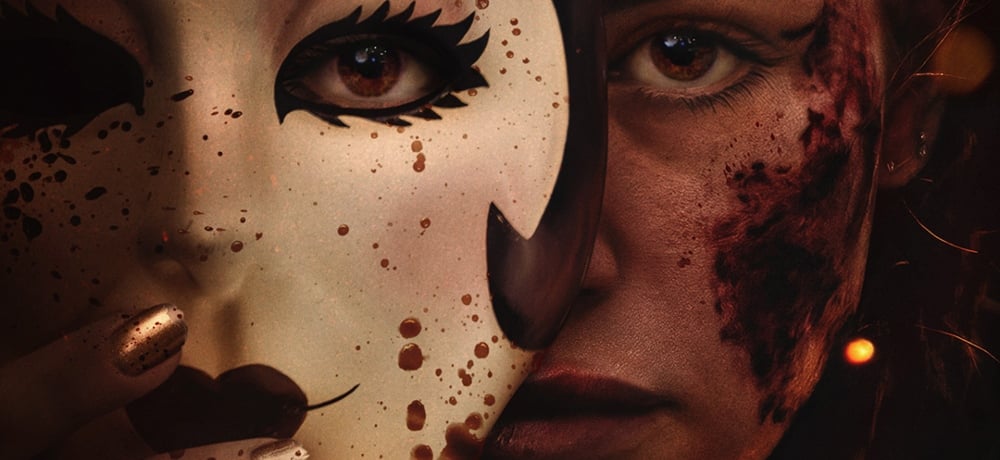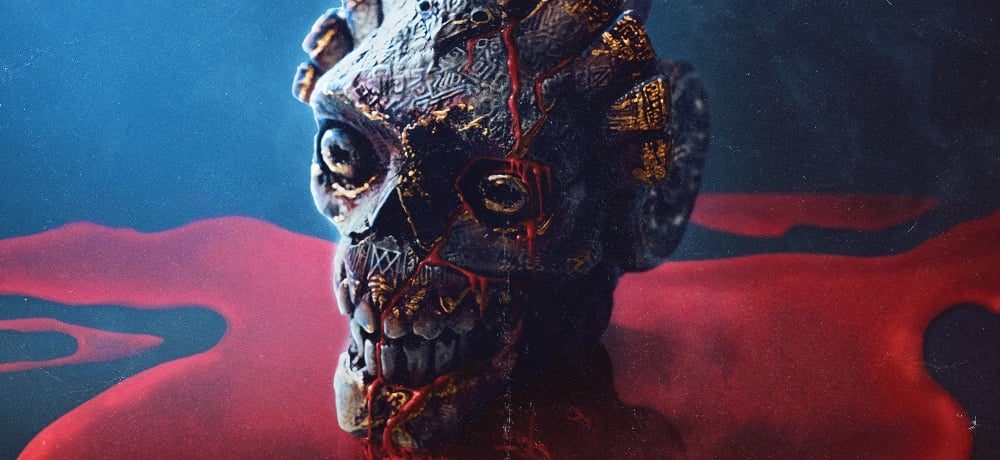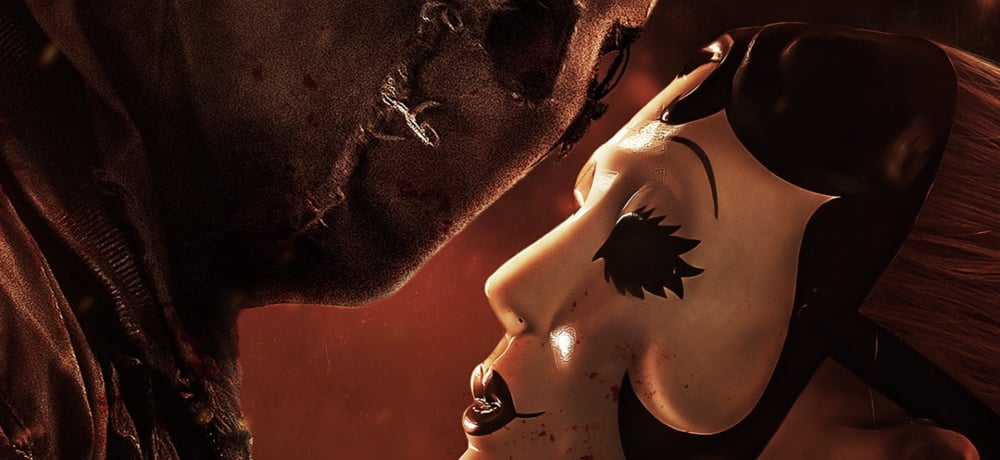





Hello, readers! Welcome back for another installment of one our featured columns here at Daily Dead, Deadly Dialogue: A Conversation on Cinema, in which we catch up with notable folks from the horror and sci-fi genres, both in front of and behind the camera, and discuss the films that inspired them to become the artists they are today.
With the recent release of Insidious: The Last Key (in case you missed it, catch up on our previous coverage here) we thought this was the perfect opportunity to catch up with the trio behind the latest sequel—director Adam Robitel, star Lin Shaye, and writer/co-star Leigh Whannell—and hear what they had to say about what got them hooked on the idea of pursuing their dreams in Hollywood.
Lin Shaye: I'll tell you exactly when I decided to do all of this crazy stuff. I was always in theater in college, but I was never a theater major. I was an art history major at the University of Michigan, actually. I got my first job when I graduated at the Metropolitan Museum in New York, in the registrar's office, in the basement, filing for Mrs. Sekowitz. I had the job for maybe three or four weeks, and I remember going, "When am I going to be in a play?" because I'd always done stuff in school. I literally thought, like a light bulb going off, "Oh my God, why don't I try to be an actress?"
I applied to NYU, to Columbia, and to Brandeis and their theater arts programs. I had to go in and audition, too. I remember working on my audition in the attic in my house—that was crazy thinking about that. I did not get into Brandeis, but I got into Columbia and NYU and I picked Columbia, so I was in a three-year Master of Fine Arts program in acting at Columbia, and I became an actress. I stayed in New York and did theater for almost ten years, and I'm also a member of the Actors Studio and worked with Stella Adler and Ute Hagen and Lee Strasberg. I'm the real deal [laughs].
But seriously, I really have worked very hard on my understanding of what acting can be and I take it very seriously. I never thought about coming to Hollywood in the beginning, though. I just never did. I still can barely believe any of this. It's been really fun, and I’m so grateful to still be working. It’s amazing.
Adam Robitel: There was one movie that really made me fall in love with the idea of working in this industry. It was called The Big Blue, which is a Luc Besson movie about a free diver in Greece, and his only family are a pod of dolphins. Initially, I wanted to be a marine biologist, but I didn't have the chemistry ability and the science brain. But this film was so visually staggering and gorgeous, and it's this weird romance between Rosanna Arquette, who's in love with him, and the fact that he can't relate to her because he's literally part-dolphin, this guy. It really hit me.
Then I remember going to USC, and my TA who didn't speak a lick of English—she was from China—but she saw the same movie and it was the reason she went to film school as well. And so I realized the power of film to unite completely disparate people from completely different backgrounds was really powerful. And so that was a very formative film for me.
And I have loved horror ever since I was a little kid, and was raised on ghost stories, too. It has always been near and dear to me to scare people, but I think I'm just realizing that’s really what I want to do now. I didn't always know what I wanted. I wanted to be famous when I got here (Hollywood), and wanted to be an actor. But it took a long time and a lot of preparation and it's about the work, and of course, work begets work. So, I tell anybody who gets here thinking it's going to happen overnight, it took me 17 years and a lot of just tough days. It's a hard industry to walk into.
My advice to anybody who wants to work in this business is just to treat people well, because you don't know who you're going to be when you go up, and when you go down. And at the end of the day, it's all about our relationships.
Leigh Whannell: It's funny because I knew that I loved movies from an early age. I remember watching Star Wars like every other kid in the world, and being completely besotted by it, and also Jaws. At that age, though, I didn't know it was a job you could have. I just knew I loved movies.
I would say that the job aspect of it, the whole "this is what I want to do with my life" aspect of it, came in high school. I had a great media teacher. I don't know if that's a subject in American high schools, but in Australian high schools they teach media. You talk about movies and media. I remember I had this teacher who I'm still friends with to this day, Mr. Fields, Greg Fields. He was the cool teacher; you know how there's always one teacher at every high school that talks the kids' language? You know, the guy that hangs out with you? He was that guy.
When I was in 10th grade—so I would've been 15 or 16—he showed us in one semester of school Apocalypse Now, Taxi Driver, and Psycho, but he showed us the films very slowly. We weren't watching it all the way through; we were watching it shot by shot and examining those shots. He's really the guy that opened me up to the idea that somebody makes a film. It doesn't just happen. Prior to that, I didn't put any thought into movies. I just absorbed them, and walked away without thinking about who constructed it. And this was where it all changed.
I remember after a class, saying, "Mr. Fields, can I take one of those videos home?" Because this was the VHS days, and I am old. But I took Apocalypse Now home, and I remember just watching it on my VHS player at home. I do remember having this moment watching it where something unlocked in my head. The choice of shots, like that shot looking down at Martin Sheen when he's lying on the bed, and then the ceiling fan becomes the sound of the helicopter. It's like something happened in that moment where I realized that there are choices you make when you make a film—artistic choices—and I would say that would be the moment for me where I knew that I wanted to make movies.
Next: Deadly Dialogue: A Conversation on Cinema with Michael Gross and Jamie Kennedy